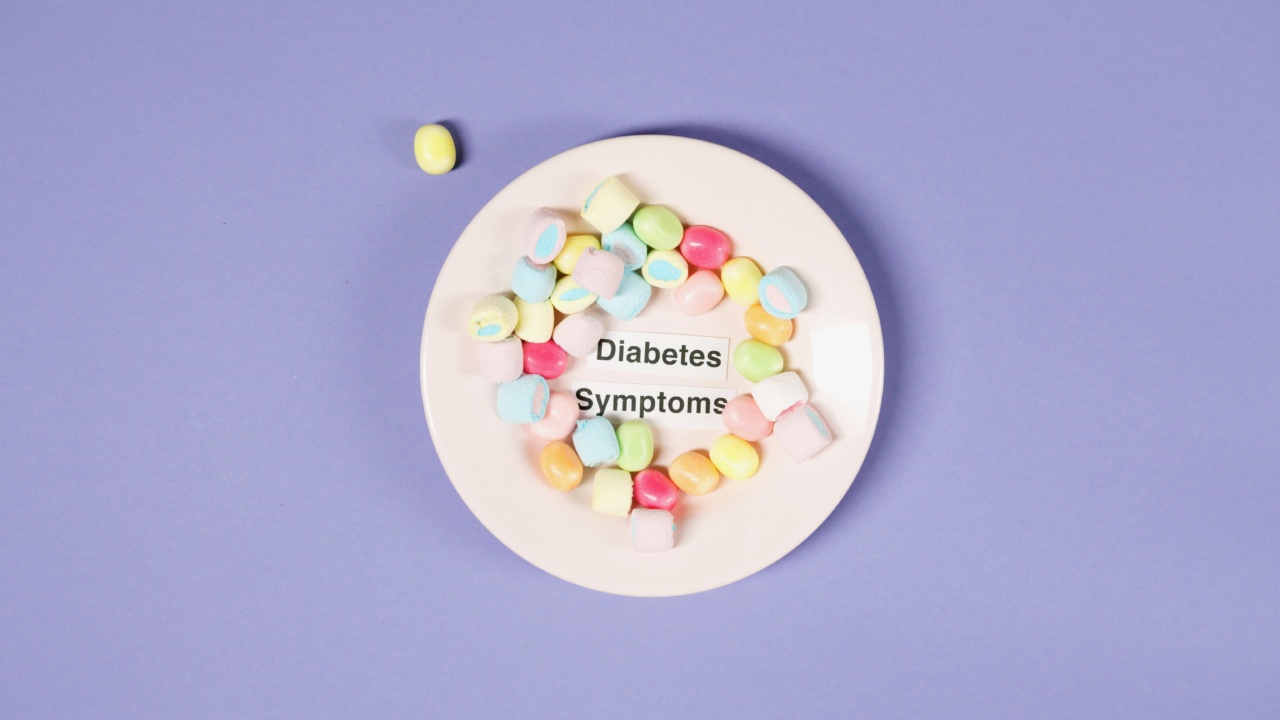If you have been diagnosed with type 2 diabetes, you may be wondering if there is a way to reverse the symptoms and regain control over your health.
While diabetes is a chronic condition, making certain dietary changes can have a significant impact on managing the disease. In fact, adopting a specific diet can help reverse some of the symptoms associated with type 2 diabetes and lead to better overall health.
The Basics of Type 2 Diabetes
Type 2 diabetes is a metabolic disorder characterized by high blood sugar levels due to either the body’s inability to produce enough insulin or cells not responding properly to insulin.
Insulin is a hormone that allows glucose from the bloodstream to enter cells, providing them with energy. When the body becomes resistant to insulin or doesn’t produce enough of it, glucose remains in the bloodstream, causing high blood sugar levels.
Effects of Type 2 Diabetes
Untreated or poorly managed type 2 diabetes can lead to various health complications, including:.
1. Cardiovascular Disease
High blood sugar levels can damage blood vessels and increase the risk of cardiovascular diseases such as heart attack and stroke.
2. Kidney Damage
Elevated blood sugar levels can harm the kidneys over time, leading to kidney disease or even kidney failure.
3. Nerve Damage
Diabetic neuropathy is a condition that affects the nerves, causing tingling, pain, or numbness in the extremities. It can also result in digestive problems or sexual dysfunction.
4. Eye Problems
Diabetes can damage the blood vessels in the eyes, leading to vision problems and potentially blindness.
Dietary Changes to Reverse Type 2 Diabetes Symptoms
While medication and insulin injections are often necessary to manage type 2 diabetes, implementing certain dietary changes can significantly improve blood sugar control and potentially reverse the symptoms. Here are some key dietary recommendations:.
1. Reduce Carbohydrate Intake
Carbohydrates are broken down into glucose in the body, causing an increase in blood sugar levels. Limiting the consumption of refined carbs and sugary foods can help stabilize blood sugar.
Instead, opt for complex carbohydrates such as whole grains, fruits, and vegetables.
2. Increase Fiber Intake
Fiber slows down the absorption of sugar, helping to prevent rapid spikes in blood sugar levels. Include plenty of fiber-rich foods in your diet, such as legumes, whole grains, and vegetables.
3. Choose Healthy Fats
Healthy fats can help improve insulin sensitivity and blood sugar control. Opt for sources of monounsaturated and polyunsaturated fats, such as avocados, nuts, and olive oil.
4. Incorporate Protein
Protein helps regulate blood sugar levels and promotes feelings of fullness. Include lean sources of protein, such as poultry, fish, tofu, and legumes, in your meals.
5. Emphasize Portion Control
Controlling portion sizes is crucial for managing blood sugar levels and preventing overeating. Use smaller plates and practice mindful eating to avoid excessive calorie intake.
6. Stay Hydrated
Drinking enough water helps maintain healthy blood sugar levels. Opt for water instead of sugary beverages, which can cause spikes in blood sugar.
7. Regular Meal Timing
Establishing regular meal timings can help stabilize blood sugar levels and promote more consistent insulin response. Aim for three balanced meals and healthy snacks throughout the day.
8. Avoid Processed Foods
Processed foods often contain high levels of added sugars, unhealthy fats, and refined carbs, all of which can negatively impact blood sugar control. Opt for whole, unprocessed foods whenever possible.
9. Regular Physical Activity
Engaging in regular exercise can improve insulin sensitivity and aid in blood sugar control. Aim for a combination of cardiovascular exercises and strength training.
10. Monitor Blood Sugar Levels
Regularly monitoring your blood sugar levels can help you understand how different foods and activities affect your body. This information can guide your dietary choices and help you manage your diabetes more effectively.
Conclusion
Type 2 diabetes can be a challenging condition to manage, but significant improvements can be made through dietary changes.
By incorporating the aforementioned recommendations into your daily life, you can reverse some of the symptoms associated with type 2 diabetes, improve your overall health, and regain control of your well-being.




























